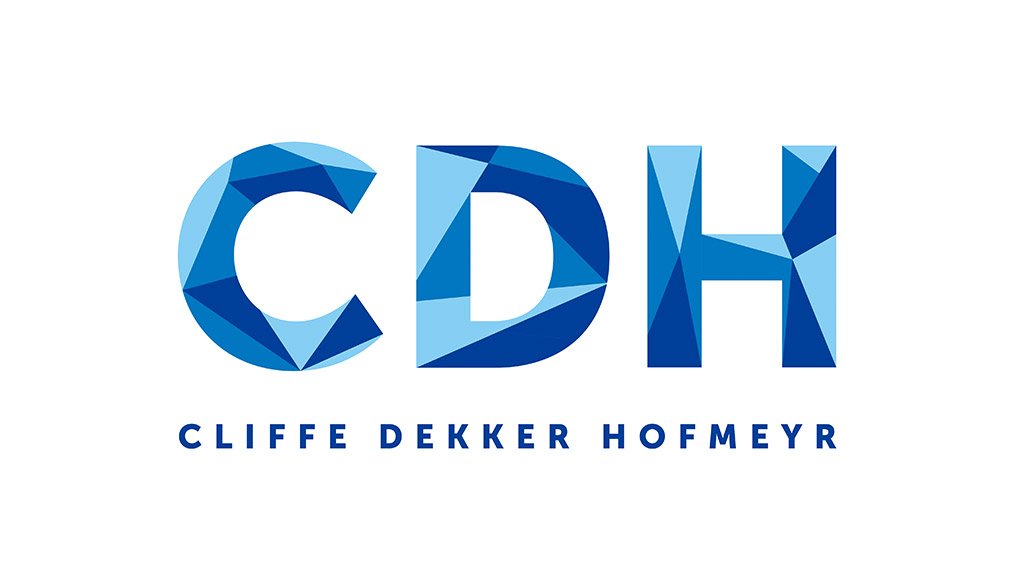Currently trusts are used as an important vehicle to avoid the payment of estate duty and to create an insolvency remote vehicle through means of which investments can be done. However, it is always problematic how to fund a trust as one cannot subscribe for shares in a trust such that one would, for instance, do in the case of a company. More often than not assets are sold (at market value) to a trust in circumstances where the purchase price is left outstanding as an interest free loan. In addition, no donations tax would be triggered as the assets are not included in the estate of the donor at death.
As one of the first measures to curb potential avoidance, it is indicated that assets that are transferred through means of a loan to a trust will be included in the estate of the founder at death. In addition, interest free loans to trusts will be treated as donations, not only resulting in donations tax, but also the imputation of income in the hands of the donor. Measures will also be introduced so as to avoid income splitting in circumstances where the income of a trust is, for instance, vested in spouses and children.
These measures are expected to be but the first of many that will focus on trusts and perceived avoidance. Not only are trusts taxed at the highest tax rate of 41%, but its capital gains tax rate is also now equal to 32,8%.
Submitted by Cliffe Dekker Hofmeyr
EMAIL THIS ARTICLE SAVE THIS ARTICLE
To subscribe email subscriptions@creamermedia.co.za or click here
To advertise email advertising@creamermedia.co.za or click here











